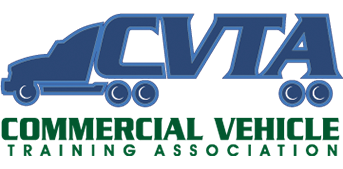As a truck driver, your most important point of contact with the company you’re working for is the dispatcher. The dispatcher’s role is to manage the movement of freight. To do this job efficiently, dispatchers try to reduce the number of miles that a truck is driven while empty. They also try to schedule drivers so that freight gets to its destination by a certain time.
Maintaining a Harmonious Relationship with Your Dispatcher
Since you’ll be working closely with your dispatcher, it’s essential to get off on the right foot. Establish a cordial, professional relationship with him or her. Since dispatchers and drivers have two completely different jobs, it’s helpful to keep in mind what your dispatcher’s goals are and what he or she is dealing with on a day-to-day basis. Likewise, you may need to gently remind your dispatcher that factors beyond your control may affect the speed of transportation, like bad weather, traffic, fatigue, and hours of service.
Remembering Who You Work For
Since your dispatcher is the person assigning routes to you, it may feel like you’re working directly for the dispatcher. But actually, you’re working for the company. If you feel that a dispatcher is setting an unrealistic deadline in light of hours of service, traffic, or weather conditions, you shouldn’t hesitate to speak up about it. Let your dispatcher know that you’ll do your best to get the cargo to its destination on time, but that you can’t promise it.
Talking to the Safety Supervisor
The best way to deal with a stubborn dispatcher is to try to reach a mutual agreement. But sometimes, dispatchers get so overwhelmed by the responsibility of moving freight under tight deadlines that they forget that safety is the number one priority. If you cannot resolve a disagreement with the dispatcher, ask to speak with the safety supervisor. It’s the safety supervisor’s job to protect truckers and reduce liability for the company by ensuring that protocols like hours of service are kept.
Yuma Truck Driving School is accepting new students! Our CDL training programs in Yuma, AZ gives aspiring truck drivers the practical knowledge and hands-on practice they’ll need to build a rewarding career on the road. Call (888) 647-3239 to ask about our flexible scheduling options.










